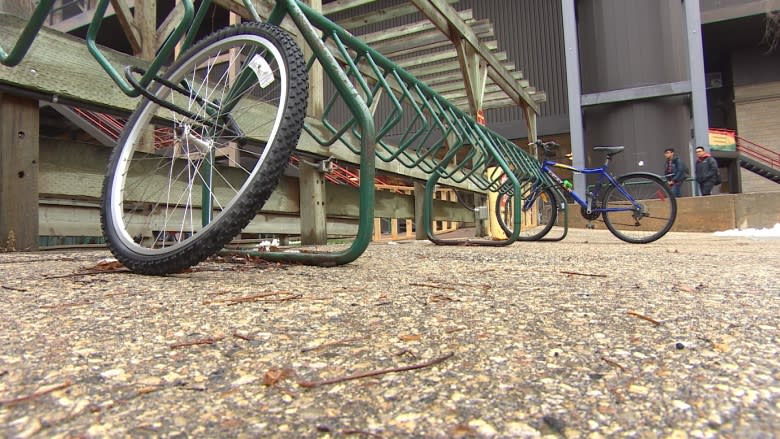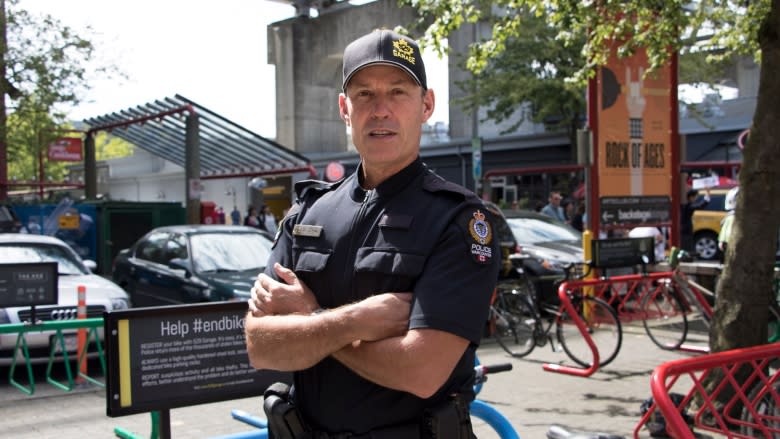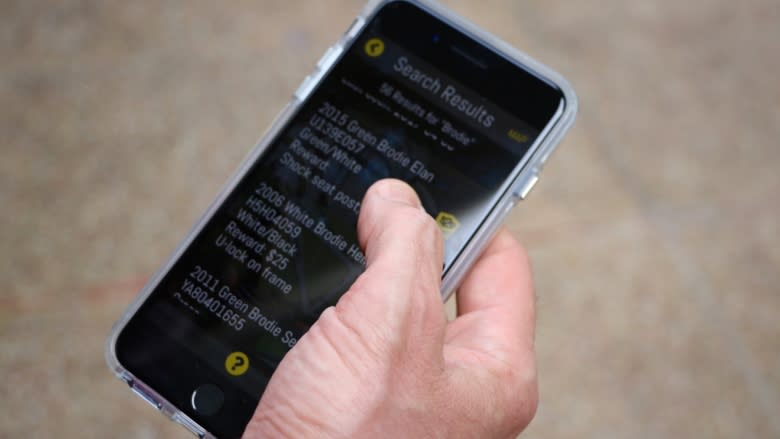Lack of revenue could sink anti-theft bicycle app used in B.C.
J Allard's truck was loaded up for a mountain biking trip to Whistler, B.C., when he left it parked in a Seattle parkade overnight a few years ago.
In the morning, Allard found his truck had been broken into. The bikes had been stolen and the holiday was ruined.
"It was devastating," he said. "It spoiled the week, cost thousands and thousands of dollars."
The ordeal led Allard to start developing an anti-theft app for cyclists. Owners post their bikes on the registry, including serial numbers and distinct characteristics that could lead to a stolen bike's recovery.
Thousands of bikes have been registered with the project, called 529 Garage, since its launch in 2015. It appears to be making a difference for bike theft victims and police departments are even on board.
But despite those successes, it's been a passion project for Allard and his partners, funded out of their own pockets and run on a shoe-string budget.
If Allard can't generate a revenue stream soon, the app won't be sustainable.
"This is an epidemic. It's a $500-million problem in North America," Allard said of bike theft. "This just struck me right on the nose that there's this $500-million enterprise that needs to be inoculated."
Though he lives in Washington state, Allard — the man who once oversaw the development of the XBox gaming system at Microsoft — chose Vancouver as the first city in which to test his app.
He found a strong ally at the local police department.
Bike theft a big problem in Vancouver
Const. Rob Brunt has embraced the bike registration app, advocating to the Vancouver Police Department and City of Vancouver officials on its behalf.
The officer assumed the role of Project 529 liaison for the entire province of B.C., getting at least 16 other municipalities on board.
"The public had really lost faith in [the police] when it came to bike theft," said Brunt. "On a daily basis, I was seeing the impact on the community, but we weren't seeing the returns by the police department."
Brunt said about 2,400 bikes are recovered by police in Vancouver each year. Before the app was launched, owners were only found about two per cent of the time.
The rest of the bikes were held for 90 days before being sent to auction.
Now, Brunt says about 200 bikes — of the 2,400 recovered by the VPD — are returned to their owners each year. He also suspects at least another 200 bikes make it back to owners without police involvement because of the app.
He also credits a 20 per cent decrease in bike theft in the city to the project, which has about 17,000 bikes registered locally.
Money out, no money in
Allard doesn't want to charge users to register their bikes or use advertising to pay company bills. Instead, he hopes to get to a point where he can collect licensing fees from municipalities.
"It's really just a matter of finding the right way to navigate the big cogs of government to find the right way to fund this," he said.
"We're rocking a lot of hours and working super hard to try to make this successful, and that's just not sustainable," said Allard.
"Really, the big bogey for us is this financial front ... we just haven't cracked that equation."
It's unclear when Allard and his team will hit a financial breaking point, or whether the revenue will start coming in before that happens.
Follow Rafferty Baker on Twitter: @raffertybaker




